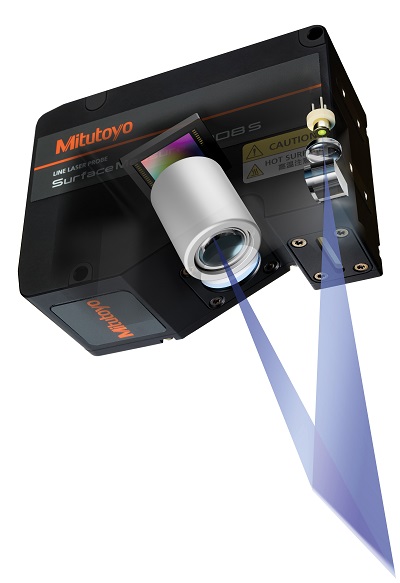 Noncontact Sensor
Noncontact SensorThe SM1008S from Mitutoyo America Corporation is a noncontact line-laser sensor for surface measurement processes in electrical, electronics, semiconductor, automotive, food, medical device, and...
Photonics Spectra October 2024 Issue